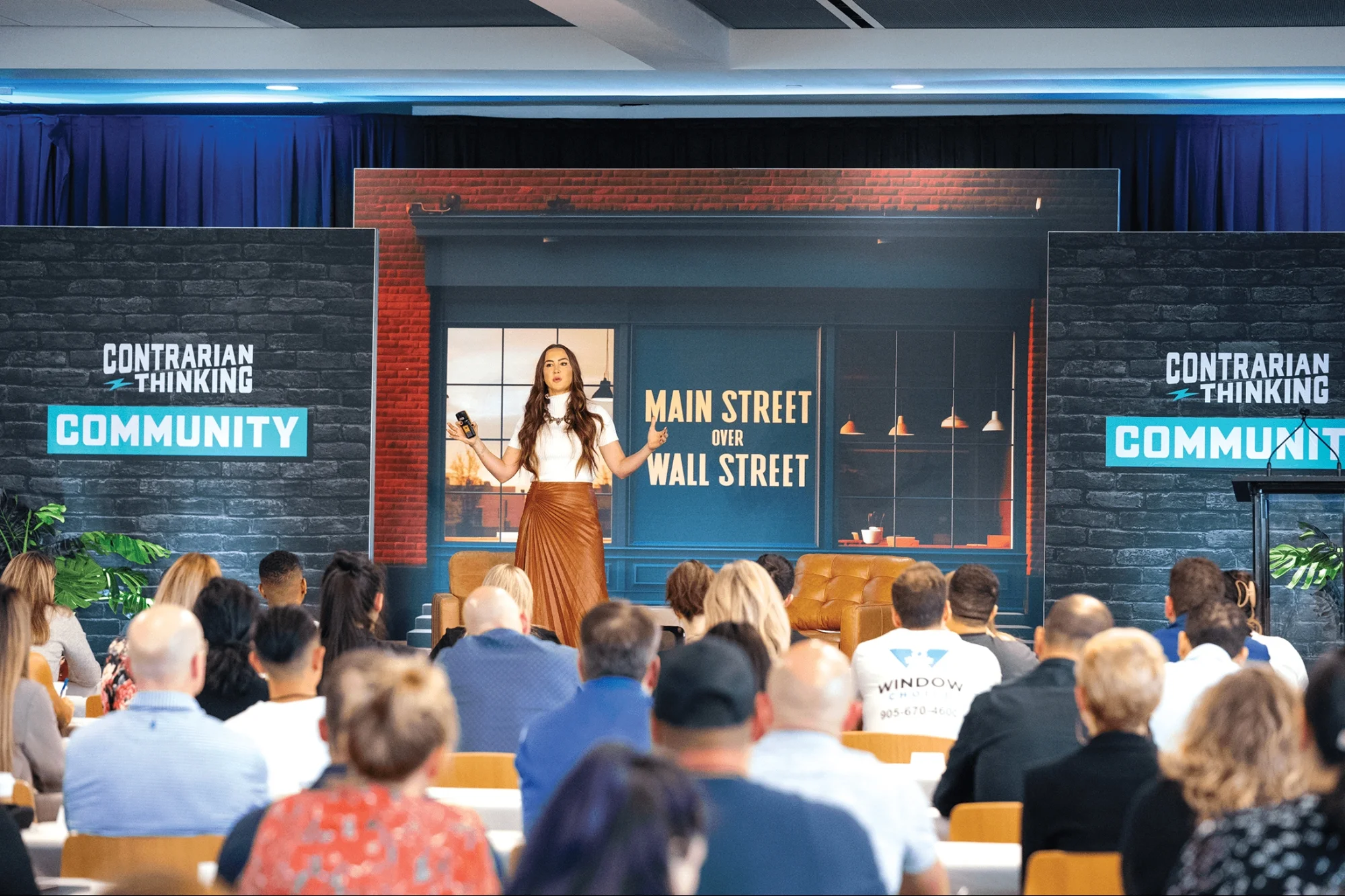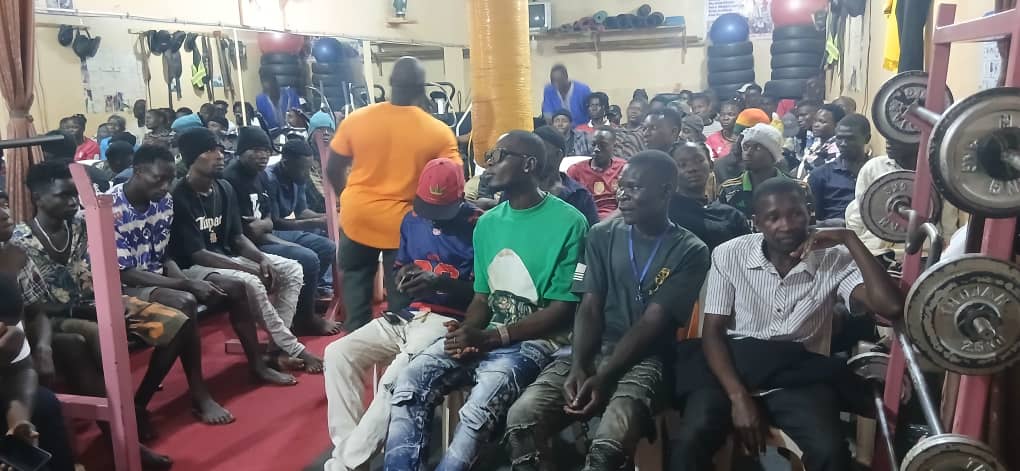
Want to buy a local business? Watch out — it might lead you to buying even more small businesses.
“I call these ‘gateway-drug businesses,'” says Codie Sanchez. That’s because local businesses are often relatively straightforward to buy and come with existing customers and cash flow. Their owners may be retiring and don’t want a long negotiation. So once you do it the first time, you might see the opportunity to do it again. “You’ll realize that process of buying that laundromat is so damn close to buying an accounting firm, a law firm, a property management firm,” she says — hence the gateway drug idea.
Sanchez has a large portfolio of mom-and-pop shops, and now also teaches others how to buy and operate them through her company and online community Contrarian Thinking, as well as her bestselling book Main Street Millionaire. Here, she explains why mom-and-pop shops are such great (and often overlooked) assets — and how to get started.
Related: 5 Important Factors Novice Entrepreneurs Must Consider Before Buying a Business
You say that local businesses are often safer bets than startups. Why?
A lot of people were told that in order to start a business, you have to have some bright idea and do a startup. That’s really hard, and has a terrible success rate. And I don’t really like risk.
When I look at startups, I think, Hey, the average startup fails for two reasons. Many fail because of product-market fit. You have an idea, all your friends say “Awesome!” and then they don’t buy it. And then second is you just run out of cash. So I’m like, “Wait. I could decrease my risk by buying a local business that already has product-market fit? People have been paying for it for a while, and it has cash flow because it’s profitable?” Well, if I have those two things, then I have a higher likelihood of success than a startup. If I get to gamble, I want to gamble like that.
You say it can also be a pathway to larger business ownership.
The first business that you buy doesn’t have to be the last business. In fact, it should not. Once you have your first small business, you understand how to run a P&L, understand how to hire people, understand systems and processes. Startups are the same — but we get to move faster because we buy a business profitably, as opposed to building it and hoping to hit profitability.
How large of a financial opportunity is this?
We’re talking about microbusinesses, which is sub-$10 million in revenue. Typically, you don’t have a lot of competition for them.
Our biggest laundromat did $3 million a year in revenue. The normal is like $300K to $500K, and you can make, like, a 15% to 30% margin. So they’re not huge businesses, but they are enough to make six figures.
I think there’s a lot of people in the U.S. who want to make a couple hundred thousand dollars a year. For that type of person, you can have a little series of laundromats, or maybe even one car wash that makes you a couple hundred thousand dollars a year, and you can live a really lovely life. Now, if you’re a crazy psychopathic masochist, maybe like me, then you also have the option of building up something really big.
How does somebody find a small business to buy?
Start with your immediate circle: vendors you work with, your friends, your family, your father’s and mother’s friends, your friends’ fathers and mothers. Also, we bought an internet company called BizScout, where you can be like, “I wanna own an accounting firm in Chattanooga. Which ones are available?”
Related: Is Acquiring a Business Right For You? Here’s How to Know If You Should Buy a Business or Start From Scratch
Let’s say I have identified a business. How do I know it’s worth buying?
I have two methodologies I love. The first is: Buy a boring business — you can explain it to your grandmother, there’s no intellectual property — in a recession-resistant asset class. That would be like plumbing, HVAC, landscaping — nothing sexy, hasn’t raised prices in quite a while. Then put technology on top of it.
The second methodology is to buy businesses that are stale. I prefer businesses that are over six years old, that have outdated competition. There’s probably not a lot of marketing being done. You see opportunity all around. And again, we really want a business that is not sexy. We want a business that is simple, easy to understand.
What about assessing its finances?
We want to know that we’re buying a business, not a job. That means it has employees, a managerial level, systems and processes in place. And then, finally, we need to have some skillset that matches the business.
So that’s really just three things. You’d say, “I want to look at your profit and loss statement. Ideally, I’d like your tax return. And then I probably want to dig into some sort of data realm — see who your customers are, where your invoices and receipts are, and look at your contracts.” We don’t buy hopes and dreams; we buy profits and realities.
What would you say to a small business owner who wants out, and is thinking about just shutting down the business?
Do not just shut your business down, please, for the love of all that’s holy. And let me tell you why: because every business has some assets. Just allow yourself to believe that even though you’re so ready to be done with this thing faster than an ex-husband, somebody else wants that bad boy. Your business is somebody else’s Prince Charming.
Your job right now is simply this: It is to decrease the risk somebody else faces when they take over your business. And the way you do that is by increasing the profitability and increasing the transparency. Transparently show how you make money, transparently show that you have some reasonable belief that you might continue to make money, and increase the amount of money that you make, or at least stabilize the amount of money that you make. You have a sellable asset, and you’re crazy to just shut it down.



